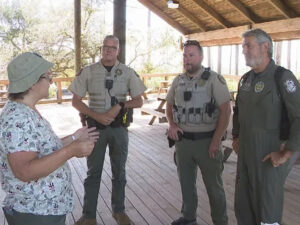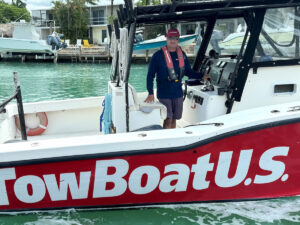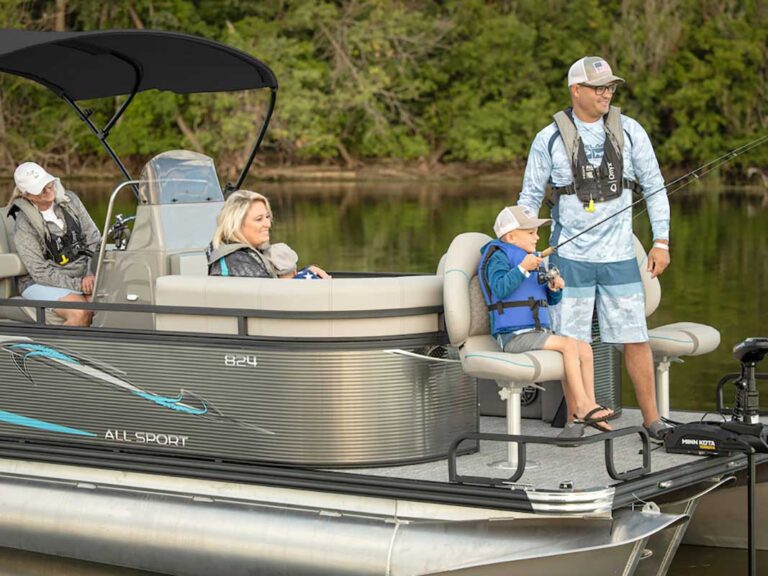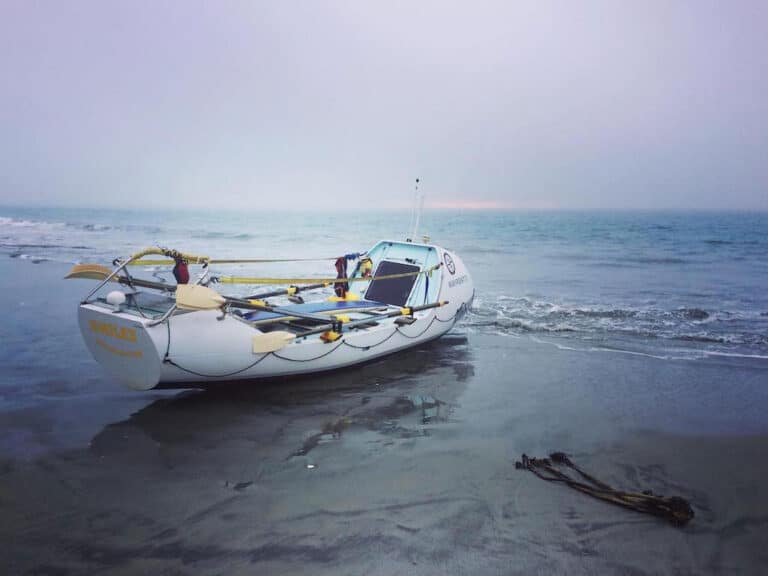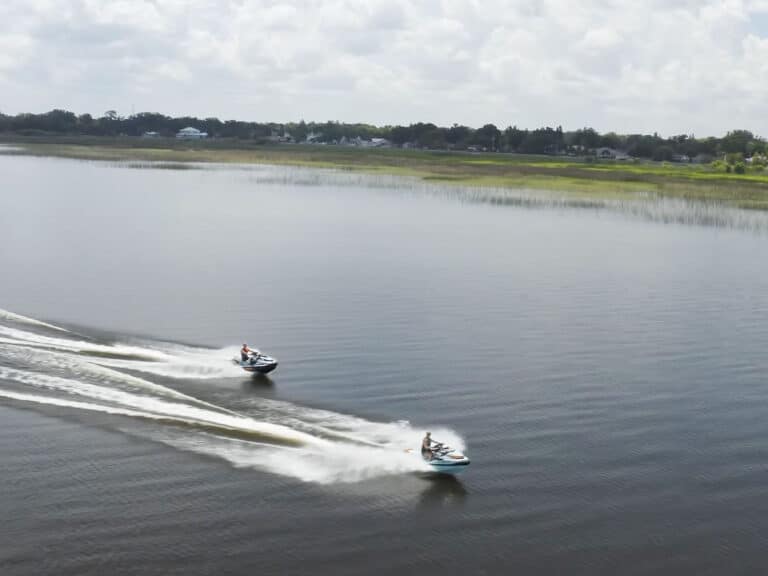
“It’s arcing!” I wondered why Bubba kept saying that. How did I get into this situation?
First, let me tell you about the new boat for my business, Red Charters in Port Charlotte, Florida. It was a project boat, heavy with neglect, but with good bones and a strong engine. The price was right, so I bought it.
A week after I purchased it, family came for a visit. That’s when Bubba, the head of the visiting clan, announced that I would take them for a boat ride.
“I don’t think that’s a good idea,” I said. “The boat needs work before I can feel good about going anywhere in it.”
Bubba would have none of it. “You said it ran fine. You have life jackets — will it sink? I don’t think so …”
I relented and off we went. Bubba, the clan and I, Capt. Hopeful, headed out for a three-hour tour.
After cruising for five or 10 minutes, I noticed the boat’s power falling off and saw the engine’s temperature rising. I chopped the throttle and listened for any unusual sounds.
Then the excitement began.
“Why did you turn off the engine?” Bubba asked.
I explained to him there may be an issue with the engine, and I needed to have the engine off to look it over.
“But it might not start again,” Bubba said as I began to wonder how aware he was of his own culpability.
“It starts just fine. I need to find out what’s wrong.”
“It’s arcing, it’s arcing!” he started to yell, not offering assistance, but walking around the cockpit, getting in the way, and getting ready to put the entire clan in the water. He was overreacting.
“It’s not arcing,” I replied.
I asked him to settle down as I heard a faint noise. (Nothing that could be arcing.) The batteries were covered. Other than the loss of power and temperature rising, I didn’t see or smell anything that would indicate arcing, but Bubba continued declaring over and over it was arcing and leading everyone aboard to think that the boat might blow up at any moment. A panicky crew makes any situation more dangerous.
That was the point when I did my job: I acted like a captain and took control. I had to command the crew to settle down and move forward and out of the way so I could assess the problem. The problem appeared quickly. A loose hose clamp had allowed the raw-water hose to slip off, and the engine was overheating. What was the arcing sound? Drops of water in the exhaust headers. It did sound like an electrical arc, but it wasn’t.
The offending hose was fitted with a new clamp using tools I had on board. In 10 minutes, we were motoring again.
I could say lesson learned and pat myself on the back for being prepared. But there were bigger lessons learned here.
I knew I wasn’t ready to take the boat out on the water. If critical systems are in question, a prudent boater should never leave the dock.
Most importantly, I lost control of the situation. A passenger with limited knowledge of the boat, area, systems and the problem was making announcements when I didn’t want him to.
I should have performed a safety briefing before idling the boat away from the dock so that the crew would know there was a plan in case of an emergency or breakdown. The crew was my family, and I wrongly thought I didn’t need to do this with family members. As it turned out, it was even more important.
Avoiding this whole situation should have been so easy. Have a float plan, do a safety briefing, always maintain order, and never take out a vessel when you don’t think you should.
* * * * *
The U.S. Coast Guard is asking all boat owners and operators to help reduce fatalities, injuries, property damage, and associated healthcare costs related to recreational boating accidents by taking personal responsibility for their own safety and the safety of their passengers. Essential steps include: wearing a life jacket at all times and requiring passengers to do the same; never boating under the influence (BUI); successfully completing a boating safety course; and getting a Vessel Safety Check (VSC) annually from local U.S. Coast Guard Auxiliary, United States Power Squadrons(r), or your state boating agency’s Vessel Examiners. The U.S. Coast Guard reminds all boaters to “Boat Responsibly!” For more tips on boating safety, visit www.uscgboating.org.


